Introduction:
We’ve come a long way from floppy disks and dial-up internet. Technology isn’t just evolving anymore—it’s revolutionizing everything we do.
From AI that writes code to quantum computers solving problems in seconds, the pace of innovation in 2025 is breathtaking. But in all the noise, what actually matters? Which technologies are genuinely shaping the next chapter of our lives?
Let’s cut through the hype and explore 7 of the most powerful, disruptive, and meaningful technologies 2025 transforming our world right now.
READ MORE : https://digitalmohit.co.in/
1. AI That Thinks Like a Human (Almost)
AI has been around for a while—but 2025 is the year it’s starting to feel shockingly human.
Thanks to models like GPT-4.5 and OpenAI’s upcoming releases, AI technologies can now reason, explain its choices, and even collaborate creatively. It’s not just answering questions—it’s brainstorming ideas, helping design businesses, and writing entire novels.
Real-world impact:
- Education: Personalized AI tutors now adapt in real-time to student learning styles.
- Healthcare: AI is helping doctors interpret scans faster and detect diseases earlier than ever.
- Business: Entrepreneurs are launching startups with AI as their first employee.
What used to take teams of experts now takes one human and a smart assistant.
2. Quantum Computing: From Theory to Reality
Quantum computing isn’t sci-fi anymore. In 2025, we’re starting to see real-world applications of quantum machines that were once only theoretical.
These computers use qubits instead of bits, allowing them to solve problems that would take classical computers millions of years—in seconds.
What it means:
- Drug discovery is accelerating.
- Logistics and optimization are becoming ultra-efficient.
- Cybersecurity is being reinvented to survive in a quantum world.
The race is on between quantum capabilities and quantum-proof encryption.
3. Brain-Computer Interfaces (BCIs)
We’re not reading minds—yet. But we’re getting closer than ever.
Brain-computer interfaces like those from Neuralink or NextMind are giving humans the power to control devices with thought alone.
Imagine this:
- Paralyzed patients controlling a computer with just their thoughts.
- Artists composing music directly from brainwaves.
- People texting, searching, or designing without lifting a finger.
The merge between biology and digital is no longer science fiction—it’s starting to happen.
4. Digital Twins & The Industrial Metaverse
Forget about just tracking things. Digital twins are digital replicas of physical objects, systems, or even entire cities—updated in real-time.
Paired with the rise of the Industrial Metaverse, engineers and planners are now testing ideas virtually before they break ground.
Use cases:
- Smart cities adjusting in real-time to traffic or weather.
- Factories simulating production before launching a new product.
- Buildings being tested for safety using virtual stress tests.
This is next-gen planning—where mistakes are fixed before they happen.
5. AI-Powered Edge Computing
Cloud computing was huge. But now we’re seeing the rise of edge computing—where data is processed locally, near the source.
Combine that with AI, and suddenly you have:
- Smart cars that make decisions without sending data to the cloud.
- Wearables analyzing your health on-device.
- Factories running independently with intelligent edge systems.
The edge is faster, safer, and smarter—and it’s where AI is moving next.
6. Sustainable Tech: Energy Gets Smarter
It’s 2025, and sustainability is finally more than a buzzword. We’re seeing real innovations in clean energy—from AI-managed grids to solar panels that store energy like batteries.
Notable breakthroughs:
- Green hydrogen is becoming viable as an alternative fuel.
- AI-based energy management is saving cities millions.
- Self-healing batteries are extending the life of electric vehicles.
Technology isn’t just smarter—it’s becoming responsible.
7. GenAI Meets BioTech
This is where it gets wild.
In 2025, generative AI isn’t just making content—it’s redesigning molecules, proteins, and even DNA structures.
Companies like DeepMind and others are using AI to accelerate drug design, vaccine development, and personalized medicine.
Real-world implications:
- Custom medications for your unique biology
- Predicting future mutations of viruses
- Extending human life by identifying age-related cellular damage
Welcome to the age of bio-intelligence.
Final Thoughts:
The most exciting thing about technology in 2025 isn’t the gadgets—it’s the way these technologies interact.
AI + biotech = custom medicine.
Quantum + cybersecurity = unbreakable systems.
Edge + IoT = cities that think for themselves.
We’re not entering the future. We’re already in it.
But with great power comes… you guessed it: great responsibility.
The real challenge now? Making sure all this tech serves humanity—not just profit or power. Because the tools are here. It’s what we build with them that counts.
TL;DR Recap: 7 Game-Changing Tech Trends in 2025
- AI that’s more human-like than ever
- Quantum computing solving the impossible
- Brain-computer interfaces bridging mind and machine
- Digital twins and virtual testbeds powering smarter decisions
- AI edge computing making devices faster and smarter
- Sustainable tech transforming energy and climate solutions
- Generative AI revolutionizing biotech and healthcare
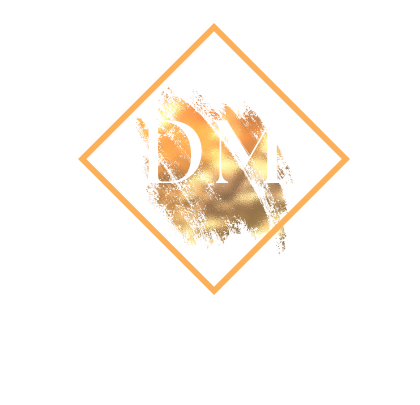
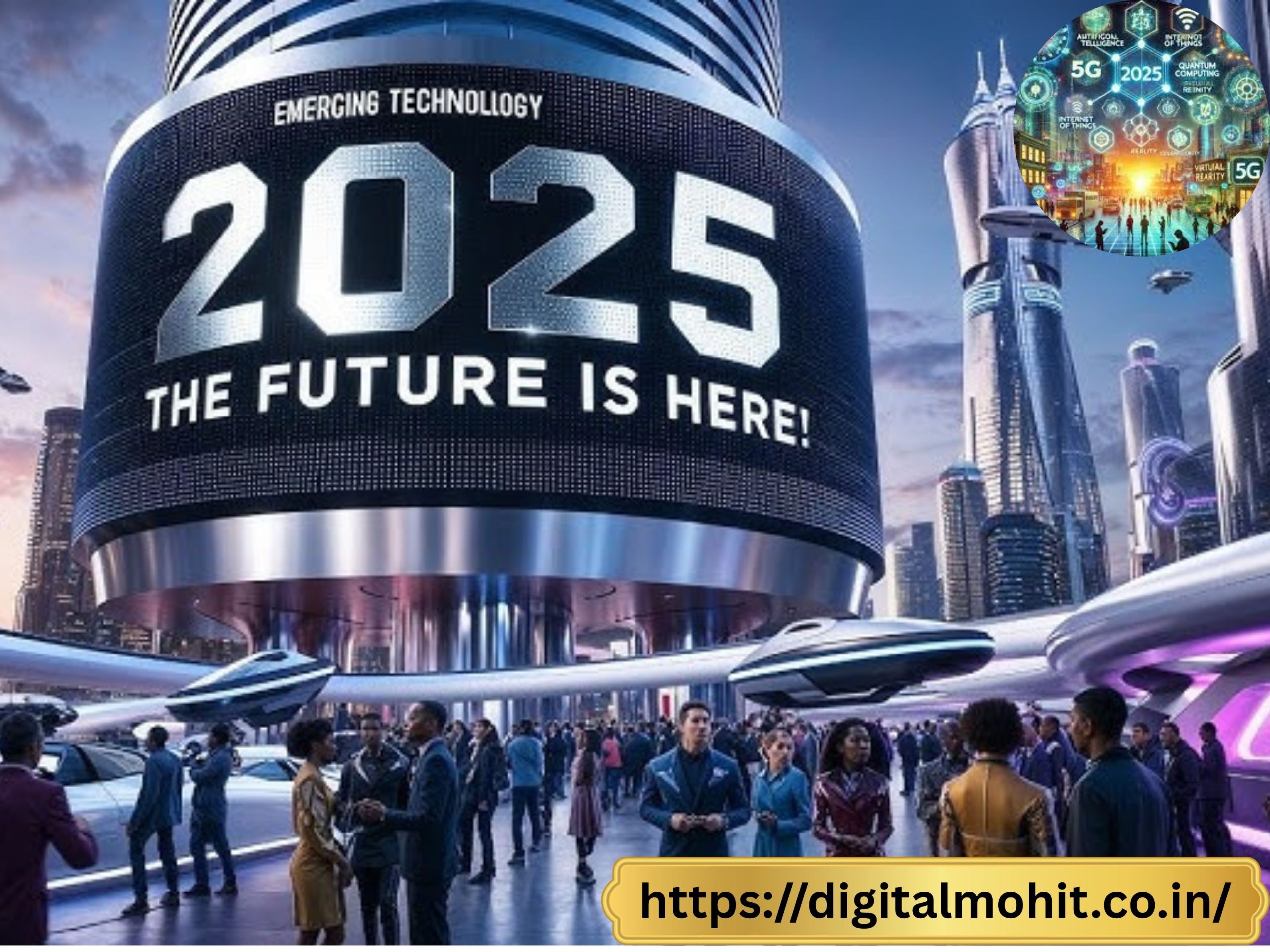


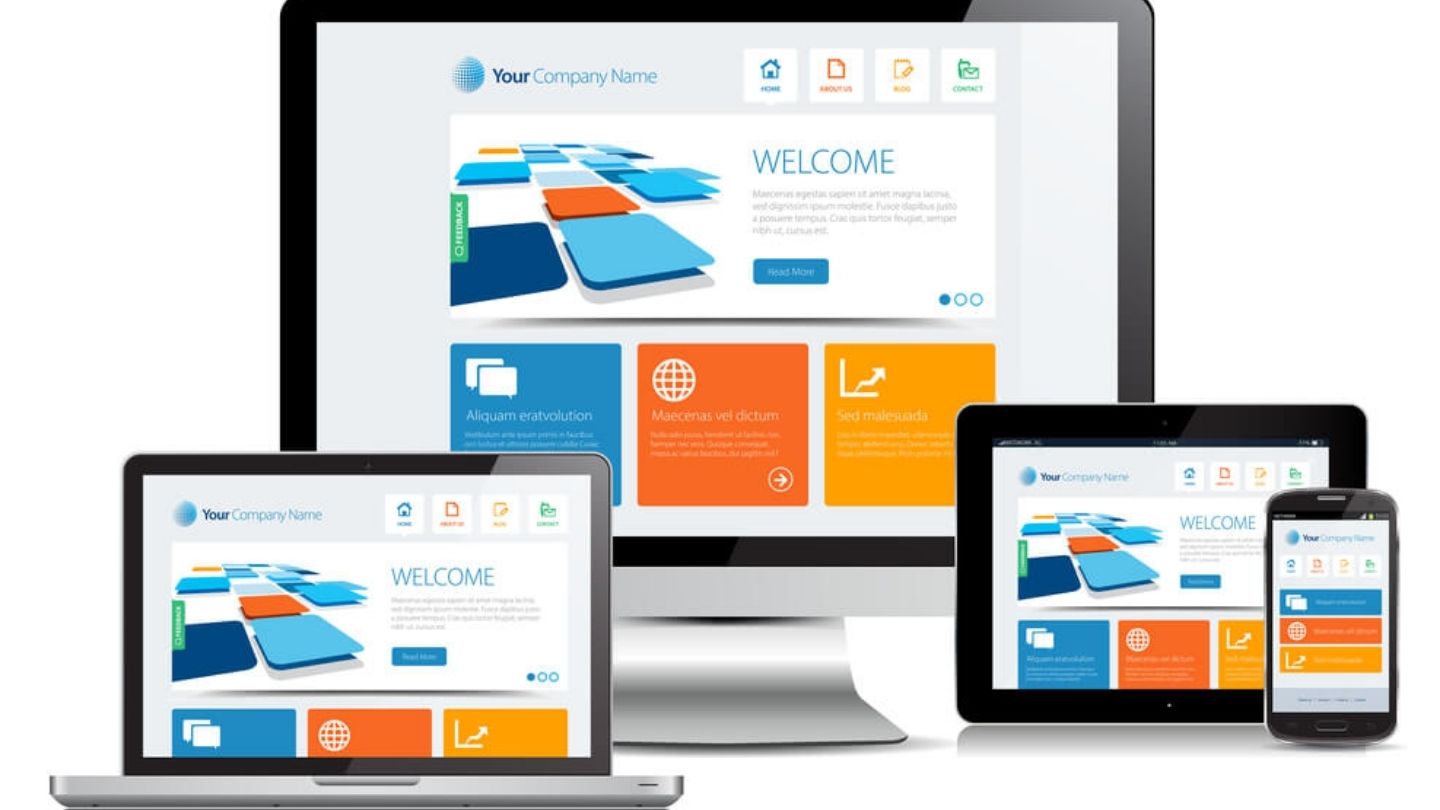
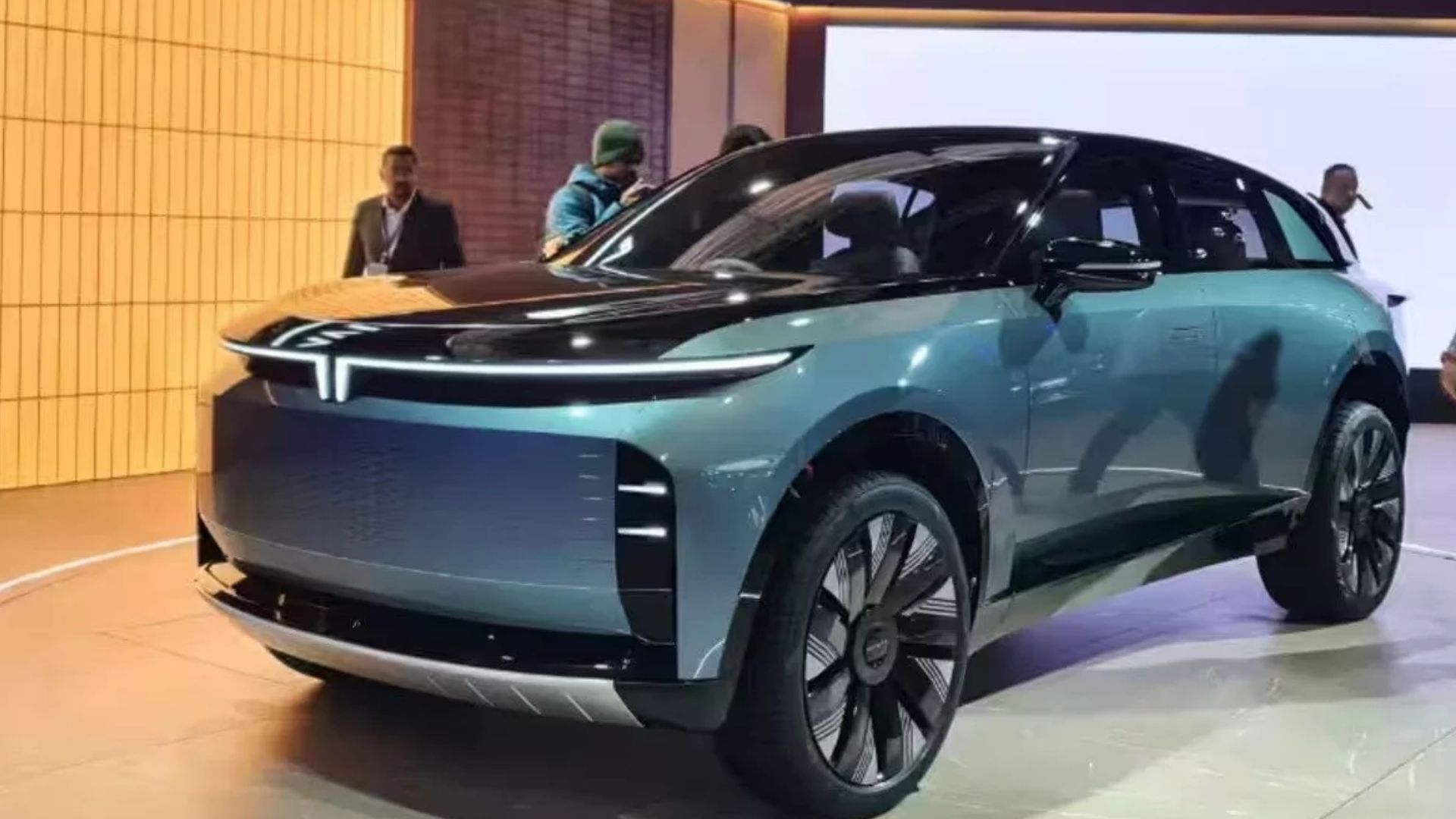
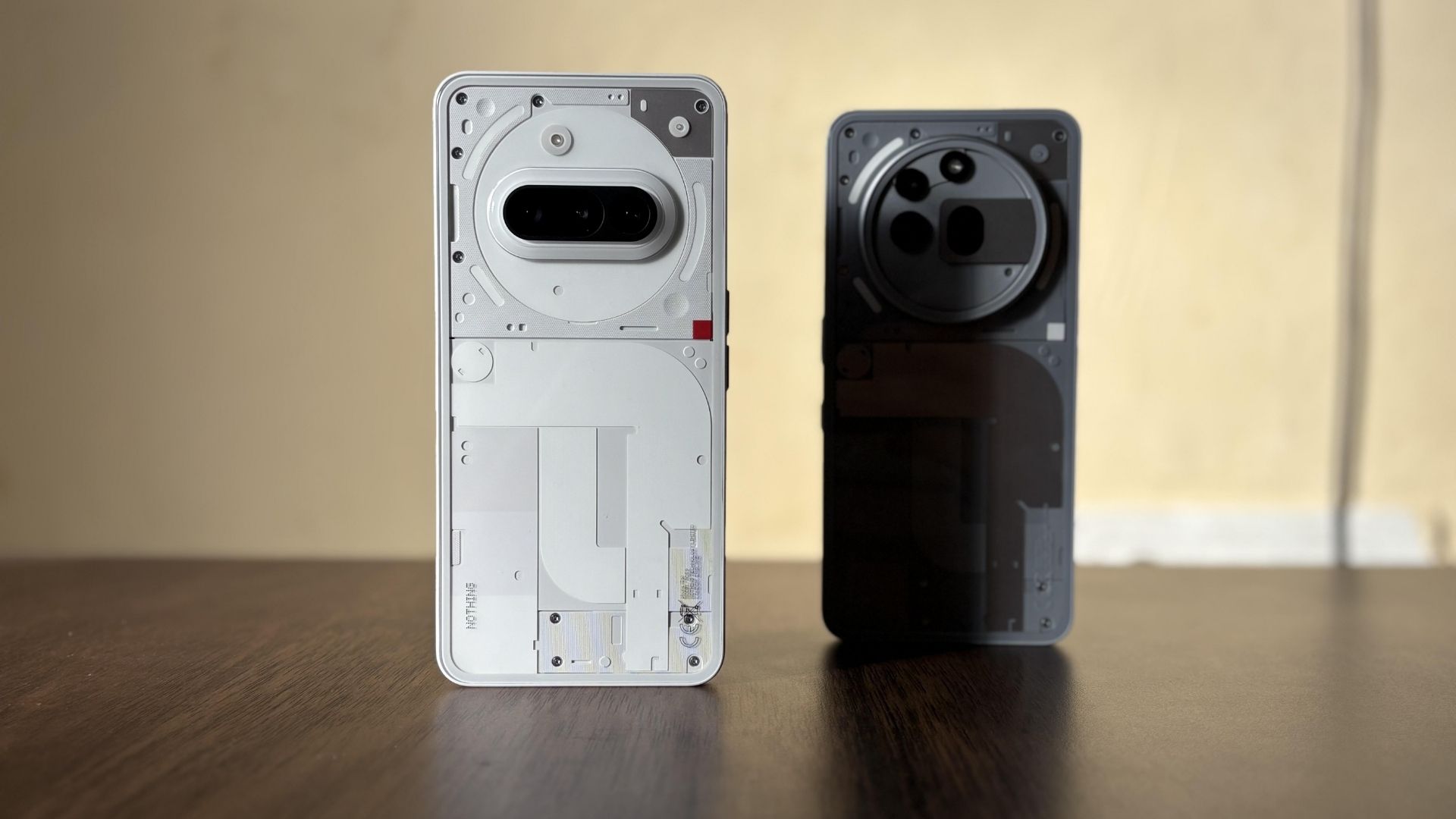

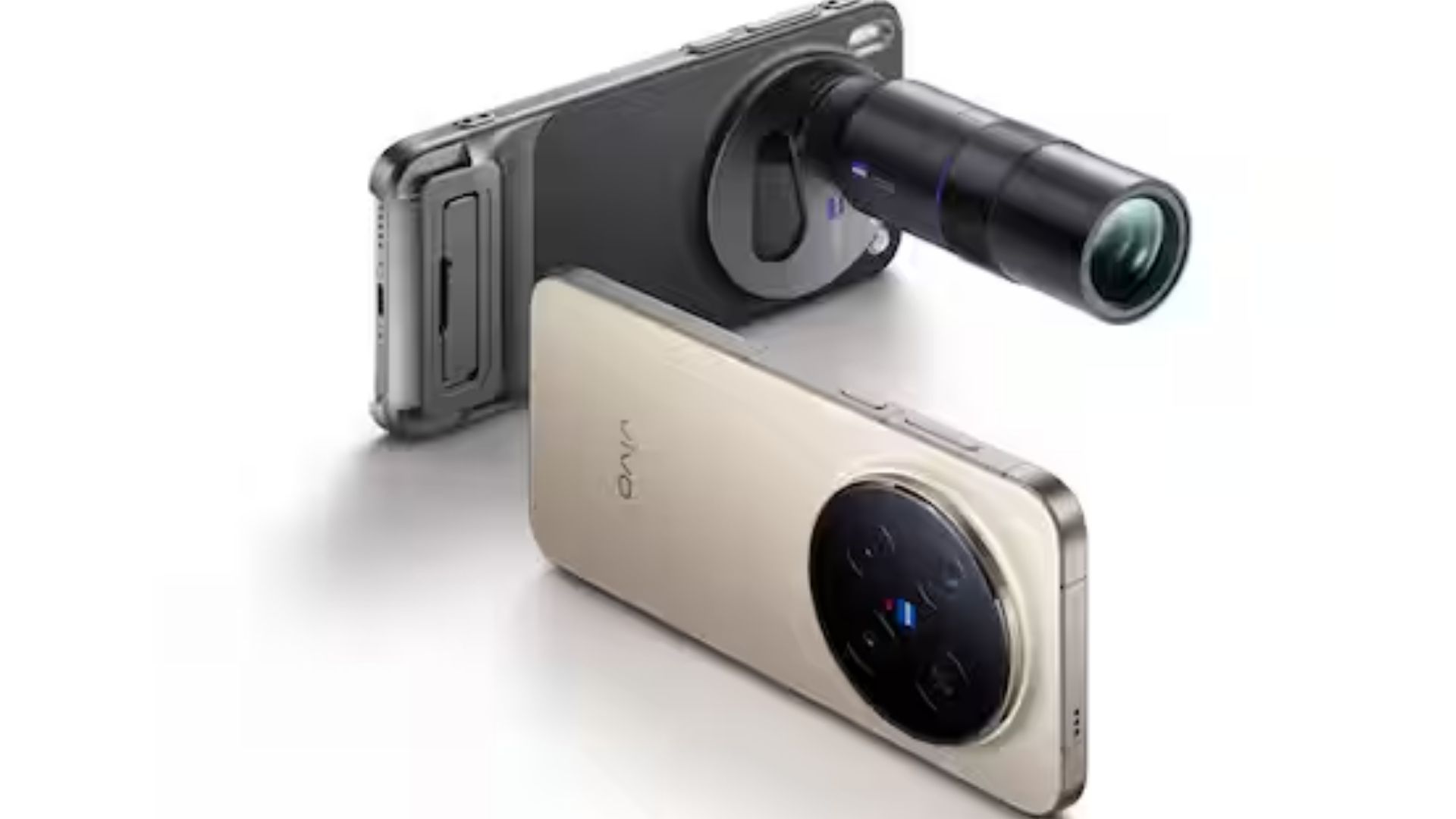
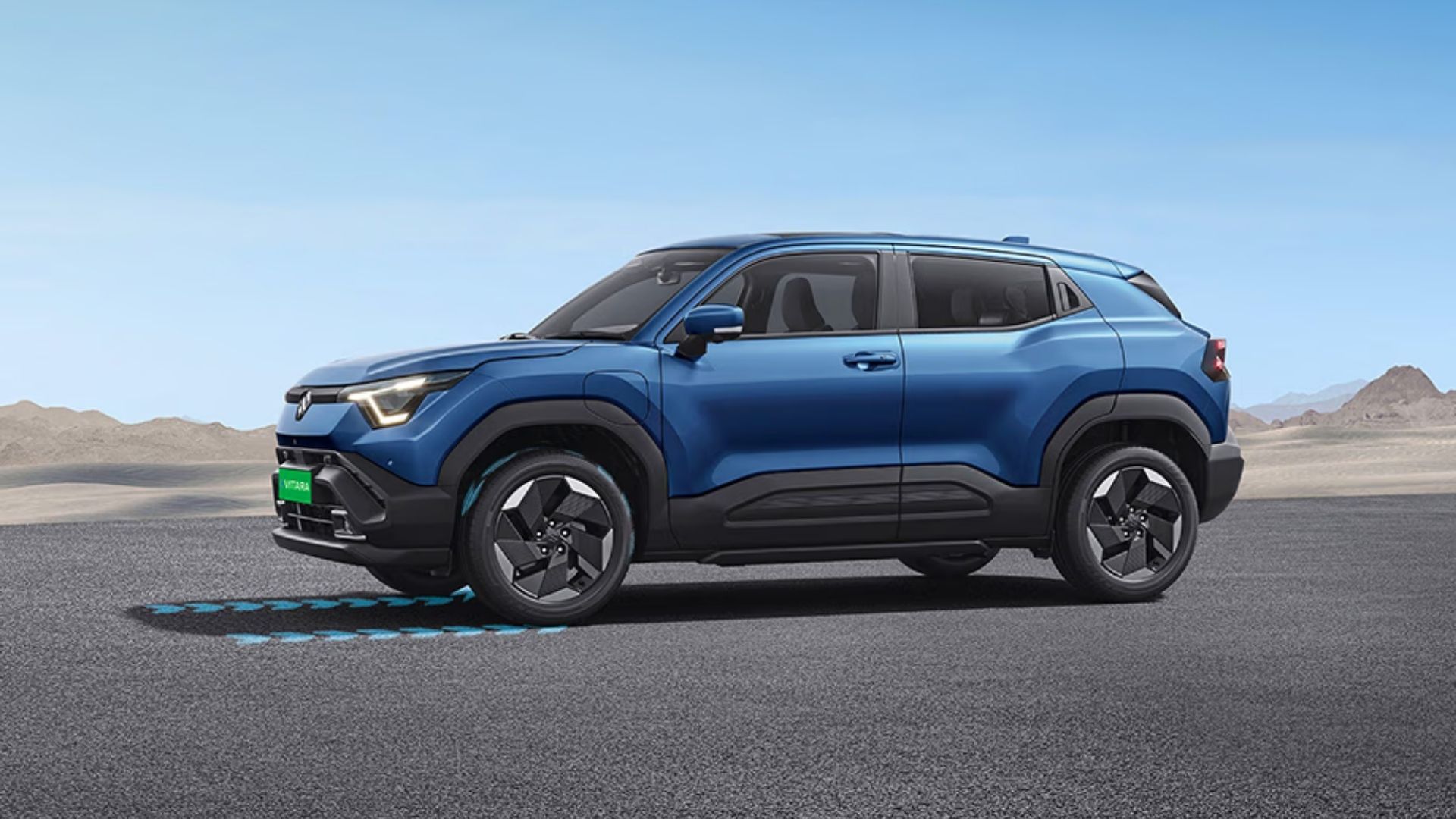
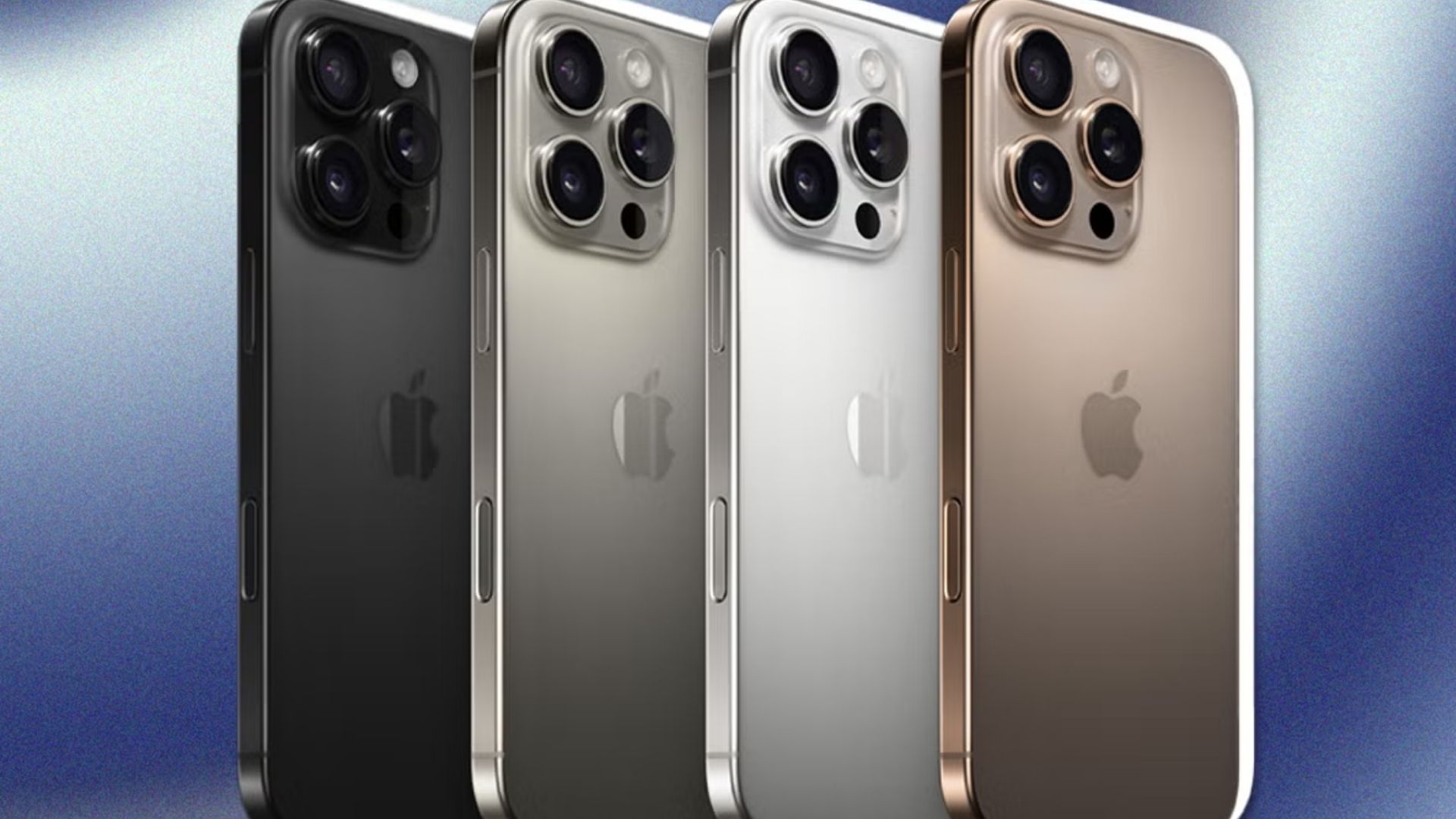
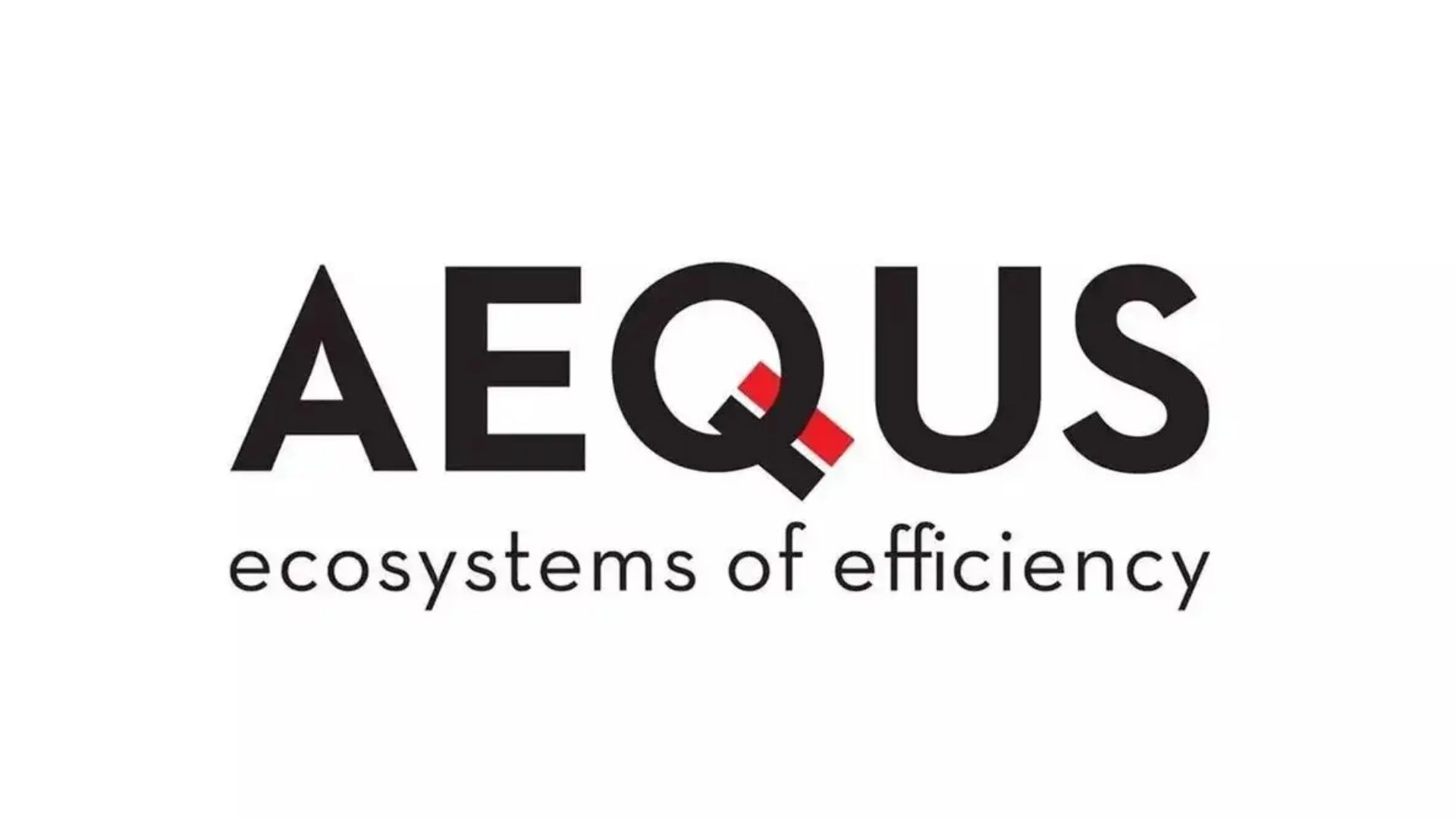




Leave a Reply